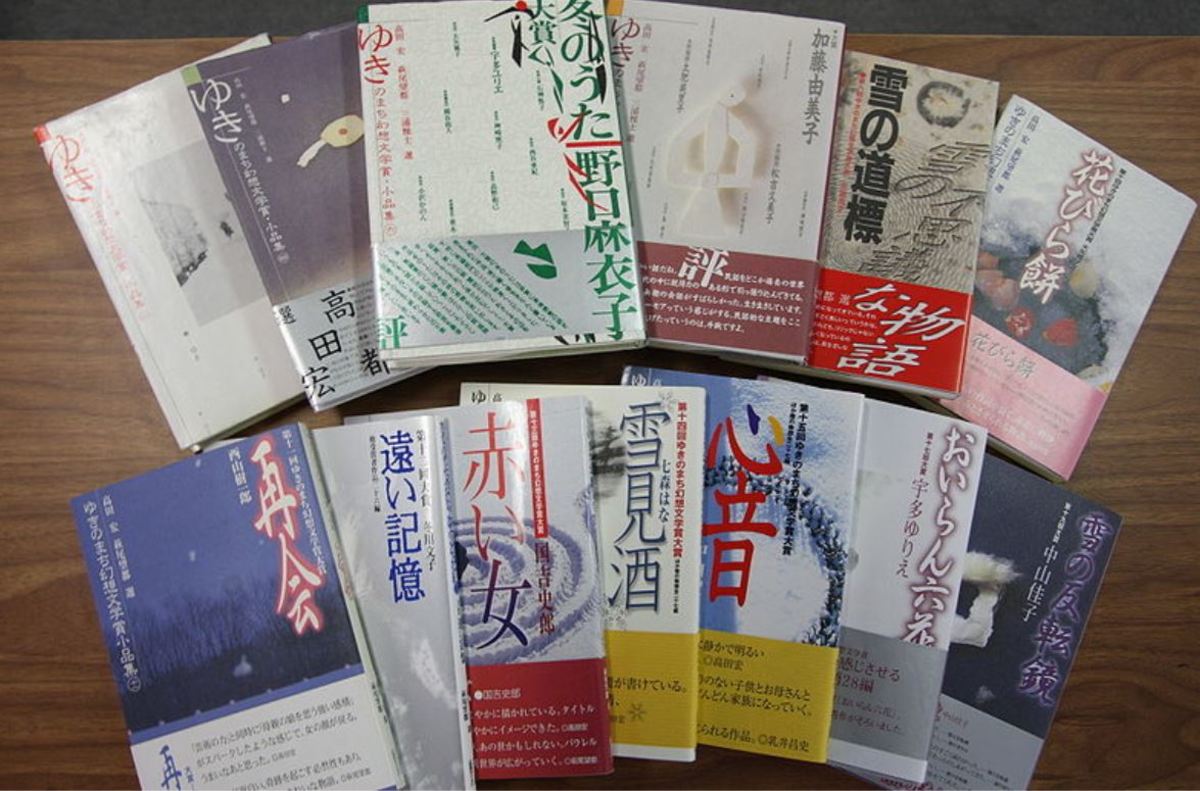Shakespeare's "Much Ado About Nothing", Deceit and Love

The History
William Shakespeare wrote this play in the sixteenth century and it became one of his most popular plays. It has two love stories going on, and the love story between Beatrice and Benedick actually became the more popular of the two. It is the witty language between these two and the prose that is used that makes this a great play. The other love story is that of Claudio and Hero. The use of metaphors and symbolism is classic and what every striving Renaissance man and woman wanted to sound like. The conversations come across as poetic and intelligent yet effortless.
Cast of Characters
Beatrice - Leonato’s niece and Hero’s cousin. She is also the daughter of Antonio.
Benedick - A soldier who has been fighting under Don Pedro, and a friend of Don Pedro and Claudio
Claudio - A soldier who been fighting under Don Pedro, who returns and is in love with Hero.
Hero - The daughter of Leonato and the cousin of Beatrice.
Don Pedro - A nobleman from Aragon, sometimes referred to as “Prince.”
Leonato - A well-to-do, elder noble at whose house, in Italy, the play is set. Leonato is the father of Hero and the uncle of Beatrice.
Don John - The illegitimate brother of Don Pedro; sometimes called “the Bastard.”
Margaret - Hero’s serving woman.,
Borachio - An associate of Don John.
Conrad - Another one of Don John’s associates, devoted to Don John.
Dogberry - The constable in charge of the Watch, or police chief of Messina.
Verges - The deputy to Dogberry.
Antonio - Leonato’s older brother and Hero's uncle.
Balthasar - A waiting man in Leonato’s home.
Ursula - One of Hero’s waiting women.
Friar Frances- The family priest.

Shakespeare's play, Much Ado About Nothing. is full of wit, rhetoric language, and has the themes common to historic entertainment ; romance and a villain. The play is considered a comedy, and it has similarities to several of Shakespeare's other famous plays, such as Romeo and Juliet, and a little bit of Taming of the Shrew. Although the play is a comedy, it is almost a tragedy too, but circumstances prevent it from being one. The main focus of this play is deceit, disguised in a beautiful metaphoric language that people of the Renaissance era loved. The characters are witty and poetic and speak with the class and elegance that shows the ideals that people of this time wanted.
This deceit is shown in various ways with this language of the Renaissance period. Benedick and Beatrice use deceit in hiding their feelings for each other. Don John uses deceit to stop the marriage of Hero and Claudio. The Prince or Don Pedro, Claudio, Hero and Leonato use deceit to get Benedick and Beatrice to admit their love for each other. The priest and Leonato use deceit in faking the death of Hero until her good name is restored. Sometimes the deceit is used for good and sometimes it is used for evil.
It is interesting that everything that is done in this play is cause by someone overhearing something or seeing something. Language and circumstances take on a special meaning in this play as they are used to manipulate events.

Don John
The first action of deceit begins with the lie coming from Don John. In the Renaissance era, a woman's fidelity and virginity are the foundation of a woman’s reputation as well as the reputation of her family. Don John is a bitter and sullen man. Finding out that Claudio and Hero have fallen in love and have decided to marry, he decides to sabotage this union. He has his friend Borachio make love to Hero’s servant, Margaret. He brings Claudio to secretly watch and convinces him that the woman is Hero. Claudio confronts Hero on the day of their wedding.
Leonato
Hero falls to the ground in a symbolic death after hearing the accusations of her infidelity. Her father then denounces her, again symbolic of a death.
Leonato decides to let everyone think that Hero is dead. He uses this deceit to protect his image and to protect hers.
He continues with this ruse while he tries to prove Hero's innocence. The family priest helps him with this deception.
Don Pedro
Don Pedro uses deceit to try to get Beatrice and Benedick to acknowledge their love for one another. His motives seem to be deeper than just that though. He is bound by his promise and his role and perhaps he is trying to make this match of true love because it is something he can never do himself. His deceit it is not only to Benedick and Beatrice but to himself.
Claudio, Hero and Leonato help with this deception.

Benedick and Beatrice
Benedick and Beatrice use deceit in their language to hide their true feelings of love for one another. Their sarcasm and biting remarks are a mask for their true feelings.
Claudio learns of Don John's deception in making him think that Hero was unfaithful. But the ruse or deceit that she is dead continues. Leonato convinces him to marry a cousin of Hero's, another deception. Claudio finds out at his wedding that the cousin is actually Hero. He is thrilled and they marry.
Benedick and Beatrice also acknowledge their love and marry.
Symbolic and Metaphoric words and Meanings
Aside from the deceit, the language used in this great play sends many messages. It is poetic and classical, but the metaphors are numerous. Don John, the illegitimate brother of the Prince, says: 'I had rather be a canker in a hedge than a rose in his grace, and it better fits my blood to be disdained of all than to fashion a carriage to rob love from any: in this, though I cannot be said to be a flattering honest man, it must not be denied but l am a plain-dealing villain." (1.3.)
This statement tells the reader about his character and his disdain for his step-brother, the Prince or Don Pedro. When Benedick speaks of Beatrice, he uses his words as if he is in battle. Benedick says:
'She speaks poniards, and every word stabs:
if her breath were as terrible as her terminations,
there were no living near her; she would infect to
the north star." (2.1. 244-245)
A poniard is a dagger. Beatrice is a strong female character similar to Kate in Taming of the Shrew. She rallies against the weakness of women in this play, and refuses to marry because she has not found an equal partner in life.
There are many symbolic and metaphoric words and phrases in this play. Claudio is said to be "doing in the figure of a lamb the feats of a lion" (1.1. 14) referring to his youth and his actions in war that brought him in favor with the prince. Beatrice jokes that she will "lead his apes into Hell"(2.1. 40) which is an old belief about the afterlife for unmarried woman. Beatrice speaks of Claudio being "civil as an orange" (2.1. 289) referring to his disposition. These are but of few of the metaphoric lines this play offers. Although there seems to be many metaphoric words or phrases in this play, many are just words not common to today's language.
The Conclusion
While this play offers situation after situation of deceit, it really is about love. Love,Shakespeare suggests, is that which redeems a person and binds us together as a society. Without love, the individual may become a Don John.
Works Cited
Shakespeare, William. Much Ado About Nothing; Ed. Barbara A. Mowat and Paul Werstine. Washington Square Press, New York , 1995
© 2013 Rebecca Shepherd Thomas









